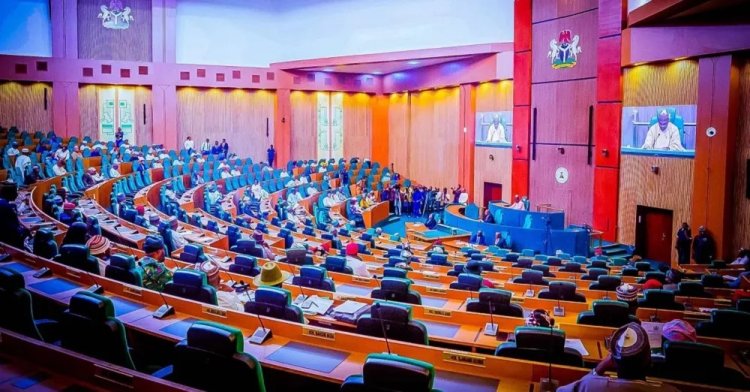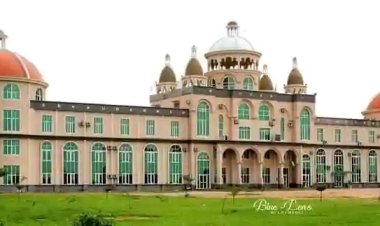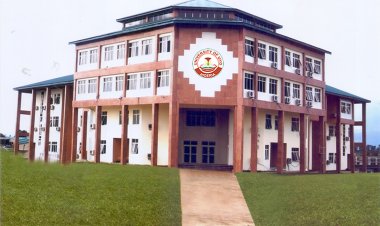Reps Grill Federal Polytechnics Over Financial Mismanagement and Unfinished Projects
The House of Representatives has questioned the management of Federal Polytechnics in Mubi, Damaturu, and Monguno over financial mismanagement and administrative issues. The institutions were found to have misused funds, failed to complete projects despite sufficient budget allocations, and violated the Federal Character principle in employment practices.

The House of Representatives has questioned the management of Federal Polytechnic Mubi, Federal Polytechnic Monguno, and Federal Polytechnic Damaturu over several financial and administrative irregularities, including abuse of the Federal Character principle, extra-budgetary expenditures, and unfinished projects.
During a session of the Committee on Polytechnics and other Higher Technical Education, rectors and key management staff of the three institutions were summoned to account for their budget performances. The committee uncovered numerous discrepancies in their budget documents, including recurring projects that had not been completed despite sufficient funding.
At Federal Polytechnic Mubi, the committee was particularly concerned with the non-completion of a staff quarters and an administrative block project, which had been ongoing for several years. Despite funds being released as per the budget, these projects were still unfinished. Rep. Emil Inyang, standing in for Committee Chairman Rep. Fuad Kayode Laguda, expressed frustration, questioning the lack of accountability for such long-standing projects.
“We are just killing this country from various directions,” Rep. Inyang said, challenging the rector to explain why the funds for the projects were not utilized as intended. The rector of Mubi, Dr. Abdulrahman Ishaku, responded by saying the funds had been "mopped up," but the committee insisted on a detailed report on all abandoned projects, including their start dates, appropriations, and current status.
Similarly, the Committee scrutinized the financial practices at Federal Polytechnic Damaturu, Yobe State, where concerns were raised about the mismanagement of Internally Generated Revenue (IGR). The institution’s acting rector, Dr. Ibrahim Babale Gashua, attributed the financial difficulties to insurgency in the region, which he claimed had led to reduced student intake and other activities. However, the committee found no justification for the excessive spending, noting that the institution’s expenditure did not align with the reduced revenue.
Critics within the committee were also skeptical about the rector's claim that insurgency was the sole cause of the polytechnic’s challenges. One committee member pointed out that while student numbers had declined, operational costs such as utilities and security services should have also been reduced. The committee accused the institution of inflating its spending despite the decline in revenue.
In addition to the financial discrepancies, the committee raised issues with the polytechnic's non-compliance with the Federal Character principle in its employment practices. The Acting Rector of Damaturu argued that despite efforts to hire from diverse regions, many Nigerians were not applying for positions at the institution. However, Rep. Adebayo Adepoju disagreed, emphasizing that the institution must ensure a fair recruitment process and give all Nigerians an equal opportunity to apply for vacancies.
The committee directed the management of Federal Polytechnic Damaturu to remedy these issues by advertising vacancies in national newspapers and adhering strictly to the Federal Character law.
Similarly, the Federal Polytechnic Monguno in Borno State was also criticized for its skewed employment practices. The committee urged the institution’s rector, Prof. Garba Mohd, and his management team to ensure equitable employment across all regions of the country, as required by law.
In conclusion, the House Committee on Polytechnics demanded that the institutions address these administrative and financial irregularities promptly and present a full report on their abandoned projects and employment practices. The committee also warned that, in future budgets, the focus would be on completing existing projects rather than initiating new ones.

 Chris Oyeoku Okafor
Chris Oyeoku Okafor 



